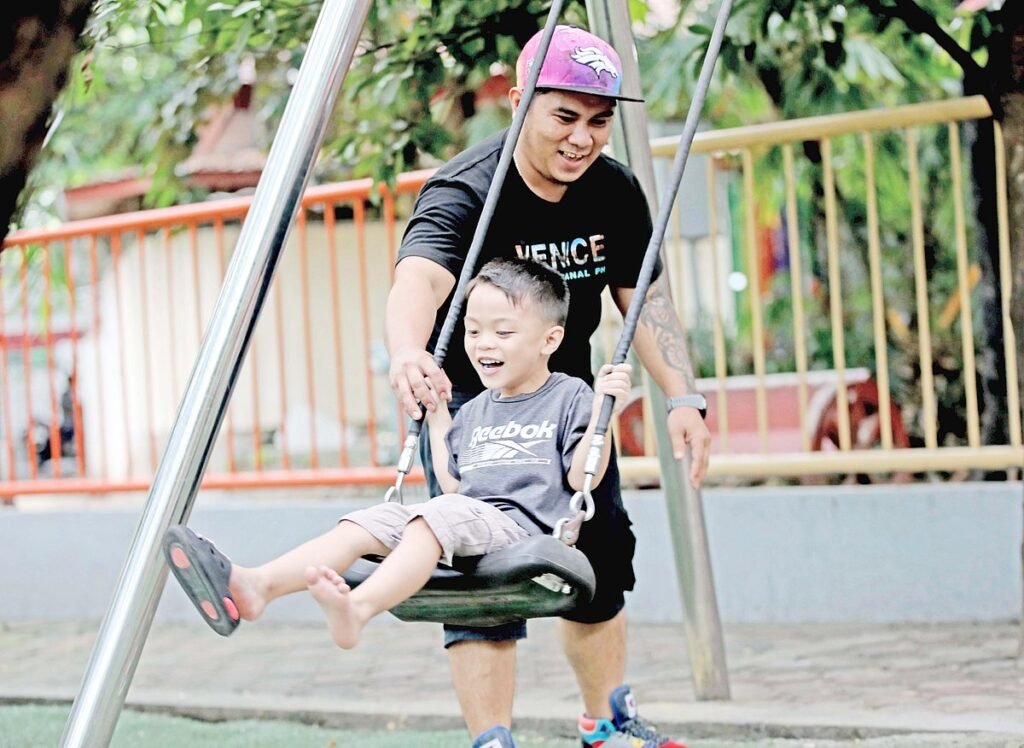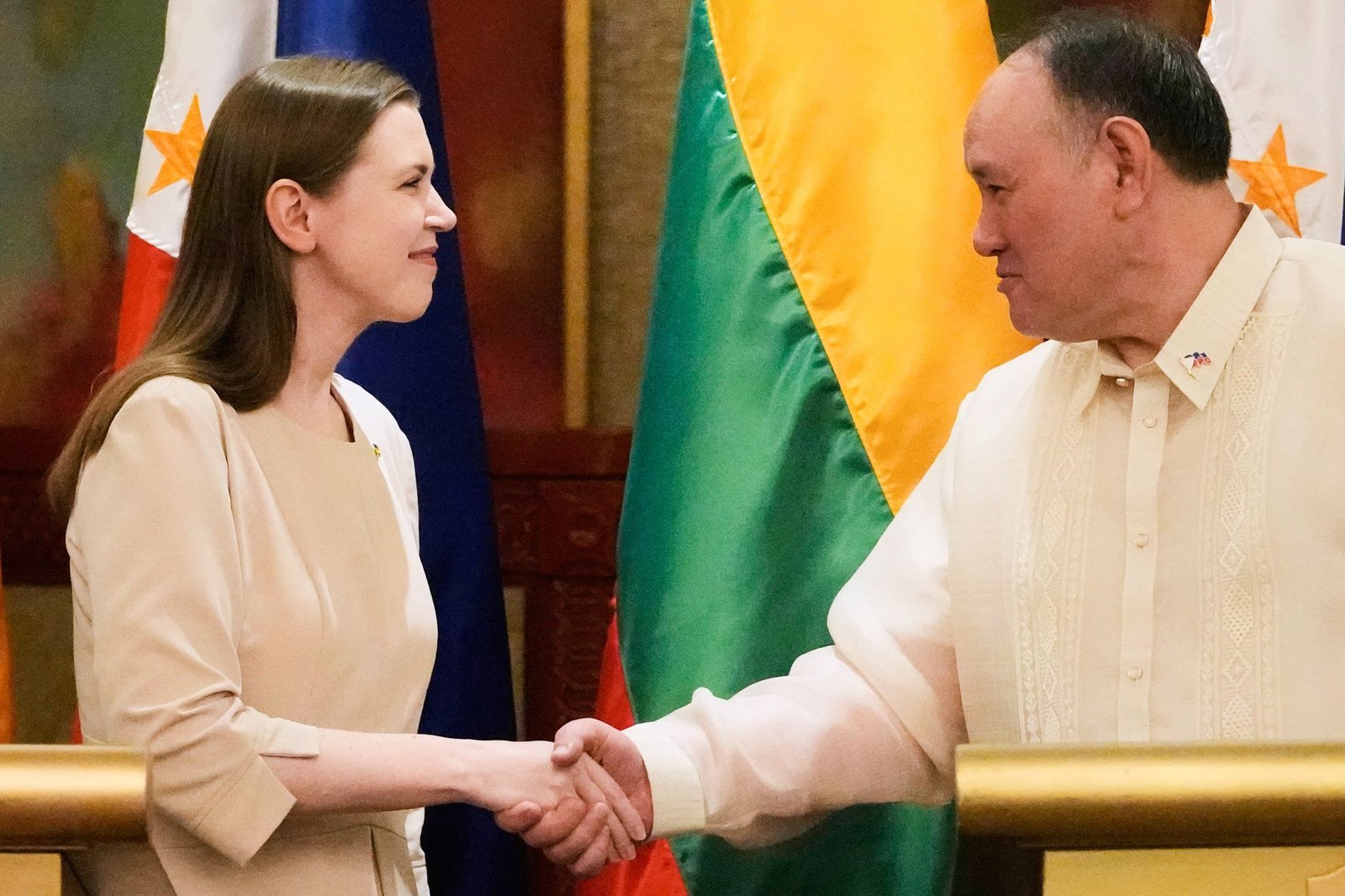Every morning, before the sun rises over the congested streets of Quezon City, 52-year-old Pedro Alon slips out of his modest home — jeepney keys in one hand, a quiet prayer in the other.
For nearly three decades, Alon has driven his jeepney through heat, traffic, and fatigue, raising four children along the way on a steady rhythm of perseverance and hope.
This Father’s Day, Alon won’t be sitting at a fancy restaurant or unwrapping a new gadget. He’ll likely be behind the wheel along EDSA, navigating chaos with the same calloused hands that once cradled newborns and pieced together bicycles from junk parts for his kids.
For millions of Filipino fathers like Alon, love isn’t expressed in words or grand gestures. It’s packed into lunch boxes, tucked in extra rice servings, or stitched into worn-out school shoes mended with contact cement.
His story is far from unique. All across the Philippines, countless fathers rise each day with an unspoken mission: to provide, to protect and to persevere — no matter the cost.
In Filipino culture, fathers are seen as the “haligi ng tahanan”— the pillar of the home. Yet, unlike the warm displays of affection often associated with mothers, a father’s love is usually quiet, invisible to the eye but deeply rooted in daily sacrifice.
In many Filipino households, fatherhood is a delicate balance — being the main provider while serving as the emotional anchor, even if few ever hear him say, “I love you.”
Fatherhood has also taken on new meaning amid the Philippine diaspora.
Of the 1.8-million overseas Filipino workers (OFWs), over a third are men — many of them fathers who spend years away from home to ensure their families have better lives. According to the Philippine Statistics Authority, more than 1.77-million OFWs were deployed in 2022 alone.
These men, oceans away from home, redefine love as absence with a purpose. Their presence is felt not in hugs or conversations, but in remittances sent with silent longing — and birthdays, graduations, and milestones missed in the name of sacrifice.
According to a University of the Philippines sociologist, Filipino fathers often live in the margins of emotional visibility.
Father’s Day in the Philippines may pass without fanfare, but its true meaning lives in the quiet pride, the unspoken sacrifices, and the everyday acts of love that often go unnoticed.
Whether they’re driving jeepneys, farming fields, working abroad, or simply staying up to wait for a child’s safe return, Filipino fathers carry their love not on their sleeves — but in their hearts.
This Father’s Day, while many will mark the occasion with gifts and gatherings, the most meaningful gesture for fathers like Alon is — recognition.
A heartfelt Salamat, Tatay (Thank you, Dad), a warm embrace or a moment of undivided attention can mean everything to a man who has quietly given his all.











